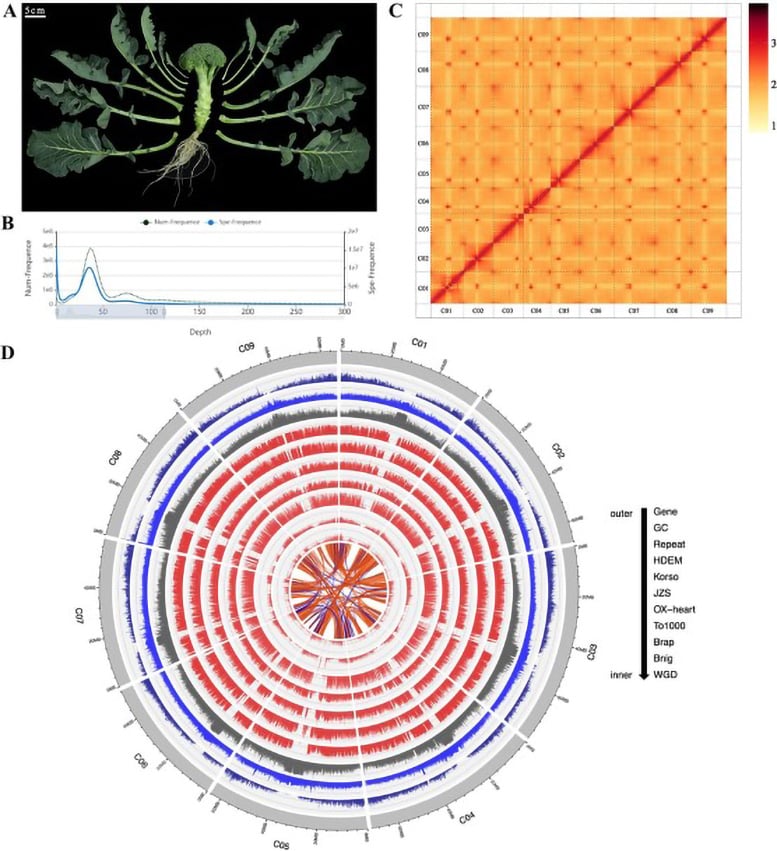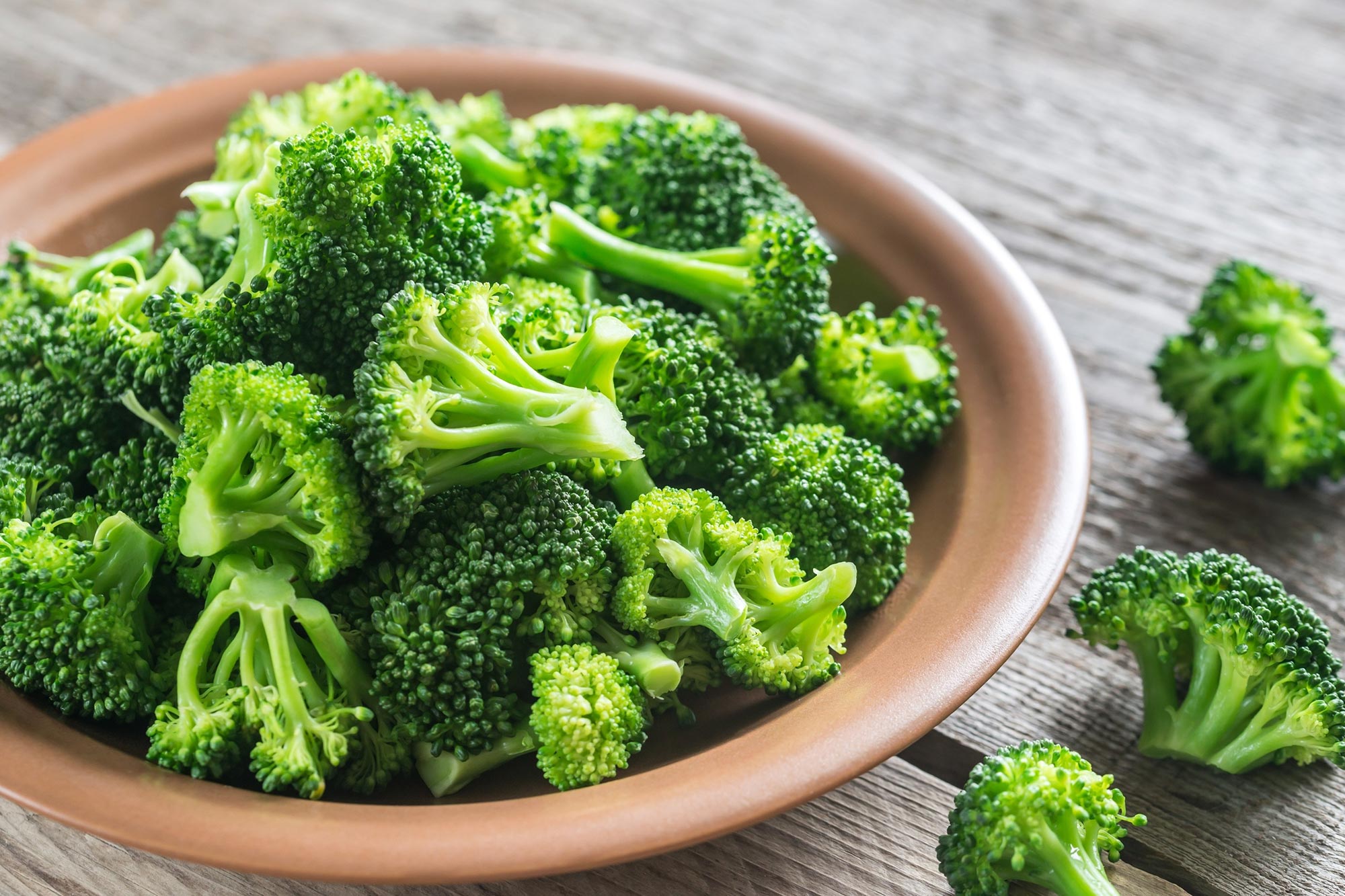A comprehensive genomic study has mapped the genetic blueprint for glucosinolate (GSL) production in broccoli, highlighting key genes like MAM1 that boost its anti-carcinogenic properties. These insights are critical for breeding broccoli and related Brassica crops with enhanced nutritional values, offering significant health benefits.
New research has identified crucial genes in broccoli that enhance its cancer-fighting compounds, promising healthier Brassica crop varieties
A comprehensive genomic analysis of broccoli has uncovered the genetic basis for producing glucosinolates (GSLs), substances known for their health advantages, such as anti-cancer properties. Researchers constructed a high-quality chromosome-level genome and pinpointed essential genes responsible for GSL synthesis. This research provides valuable knowledge for subsequent genetic research and the cultivation of Brassica crops with improved nutritional profiles, setting the stage for enhanced health benefits from these commonly eaten vegetables.
Broccoli is renowned for its health benefits, primarily due to its rich glucosinolate (GSL) content, which has anti-carcinogenic and antioxidant properties. Despite extensive studies on Brassica 
Genome of B. oleracea var. italica Plenck (Bop04-28-6, broccoli). A Image showing key features of a mature-period broccoli. B 17-mer spectrum of Illumina reads. C Hi-C interaction heat map of the assembled Bop04-28-6 genome. Color bar at the right represents the density of Hi-C interactions, which is indicated by the number of links at 1-Mb resolution. D Circos display of Bop04-28-6 and other species genomic features. Credit: Horticulture Research
The research demonstrated that overexpression of BoMAM1 in broccoli significantly increases the accumulation of C4-GSLs, highlighting its vital role in GSL biosynthesis. Additionally, the study provided insights into the evolutionary mechanisms that contribute to the diversity of GSL profiles among different Brassica species. These findings offer a comprehensive understanding of the genetic factors influencing GSL production, which is essential for future genetic studies and the development of Brassica crops with enhanced nutritional properties.
Implications and Future Prospects
Dr. Junwei Wang, a corresponding author of the study, stated, “Our findings provide a comprehensive understanding of the genetic factors influencing GSL biosynthesis in broccoli. This knowledge is crucial for future genetic improvement and enhancing the nutritional value of Brassica crops.”
This genomic study offers valuable resources for molecular breeding programs aimed at improving the nutritional content of broccoli and other Brassica crops. By understanding the genetic basis of GSL biosynthesis, researchers can develop varieties with enhanced health benefits, contributing to better human health and nutrition.
Reference: “Chromosome-scale reference genome of broccoli (Brassica oleracea var. italica Plenck) provides insights into glucosinolate biosynthesis” by Qiuyun Wu, Shuxiang Mao, Huiping Huang, Juan Liu, Xuan Chen, Linghui Hou, Yuxiao Tian, Jiahui Zhang, Junwei Wang, Yunsheng Wang and Ke Huang, 28 February 2024, Horticulture Research.
DOI: 10.1093/hr/uhae063
This work was supported by the National Key Research and Development Program of China (2022YFF1003000), the National Natural Science Foundation of China (32372682, 32272747, 32072585, 32072568), the International Cooperation Projects of National Key R&D Program of China (2022YFE0108300), the Graduate Research Innovation Project of Hunan (2023XC103), and the innovation and entrepreneurship training program for college students (S202310537006X).




















Discussion about this post